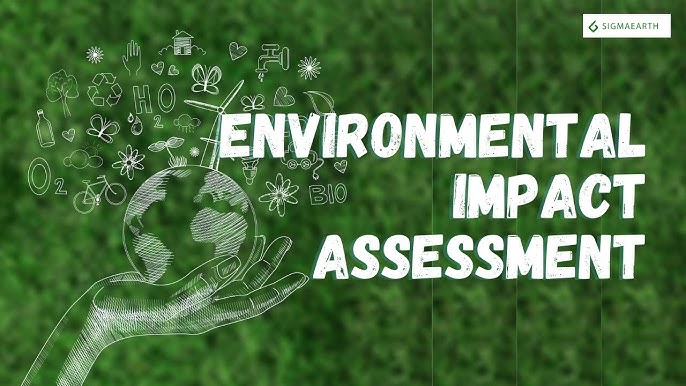Environment Impact Assessment
EIA is a process that examines the potential environmental effects of a development proposal or project before the start of any activity.
The goal of an EIA is to ensure that decision makers consider the likely environmental impact of a project as early as possible, and to reduce, avoid, or offset those effects.
EIAs are typically carried out for projects that may have a significant negative impact on the environment. They can help to highlight ways to achieve broader environmental goals, and to assess key issues in a transparent and effective way.
Objectives of the Course
- Understand the concept and basic process of environmental impact assessment.
- Understanding the EIA process: Learning about the EIA process, including how it's used in research, planning, and project evaluation.
- To develop a critical awareness of factors which affect the use of EIA as part of project management in the legislative and regulatory context of industrialized areas.
- to expose the students to the need for EIA and how to prepare the various documents required by state and federal regulations.
- Learning how to ensure efficient resource use: Learning how to ensure efficient resource use.
- Learning how to identify and mitigate key impacts: Learning how to identify key impacts and measures for mitigating them.
- Learning how to ensure efficient resource use:
- Learning how to inform decision-making and condition-setting.

- Teacher: Muralidharan M